Center for Population Studies
The Center for Population Studies (CPS) helps leaders and organizations across Mississippi access free, publicly available data and use that data to make informed decisions in their local communities. CPS, in partnership with the U.S. Census Bureau, operates the State Data Center of Mississippi and, as part of the University of Mississippi, educates students and the public about population issues.
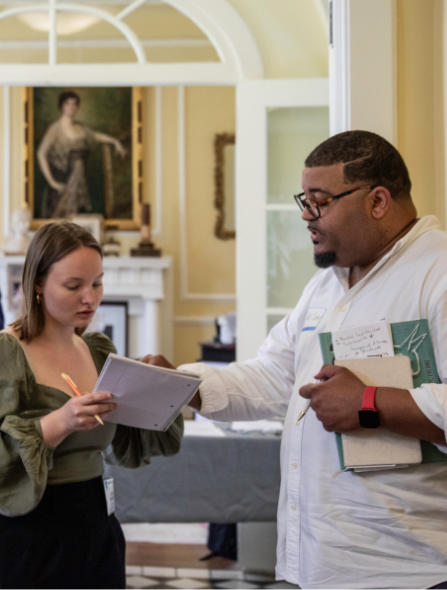
Making Data More Accessible in Mississippi
Each year, the federal government collects public data which is paid for by taxpayers and free for anyone to use. CPS opens this vital information up to Mississippi communities who can use it to make an impact on the local level.
CPS helps leaders across Mississippi access publicly available data to make informed decisions for their communities. CPS also works with nonprofits and other organizations applying for grants to fund community projects. All this work is in service of CPS’ goal of uplifting Mississippi and its residents through accessible data.
In partnership with the U.S. Census Bureau, CPS operates the State Data Center of Mississippi, connecting legislators and other state officials to census data. CPS also engages in outreach to improve the accuracy of the census count throughout the state.
The Center for Population Studies' mission to work collaboratively with local decision makers to improve the use of public data in decision-making. We want to work withour Mississippi communities to make data accessible and understandable."
Located at the University of Mississippi, CPS is responsible for training the next generation of Mississippi policymakers, professionals and researchers to use and interpret data. CPS faculty and staff frequently engage students and the general public on population issues as well as coordinate an undergraduate minor and multidisciplinary masters program.
-

Empowering Mississippi Communities
CPS regularly partners with municipalities and organizations in Mississippi who are seeking to plan for their community’s future, tackle a pressing issue or jumpstart a new initiative.
Read about our work in Mississippi communities. -
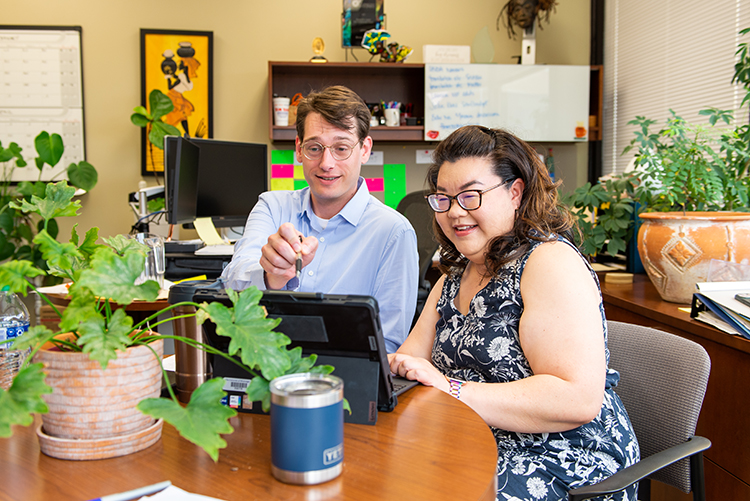
Improving Mississippi through Public Data
The primary charge of CPS is to help community leaders and organizations access free, public data. This data can be used to strategically plan, bolster grant proposals or make local policy decisions.
Learn more about accessing and using public data. -
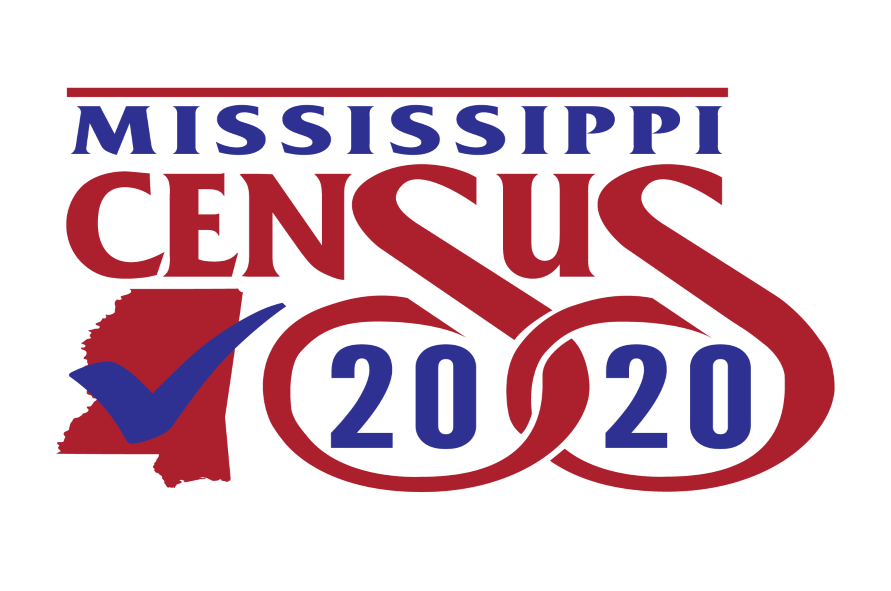
Preparing Mississippi for the U.S. Census
In partnership with the U.S. Census Bureau, CPS operates the State Data Center of Mississippi and serves as the public face for the U.S. Census within Mississippi.
Explore Census Information -
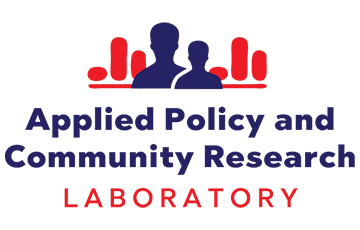
Connecting Research to the Real World
CPS coordinates or partners with a variety of initiatives that bridge the gap between campus and communities. These include the Applied Policy and Community Research Laboratory (APCRL), the Society and Health Research Initiative and the Delta Directions Consortium.
Learn more about research and policy coordination. -
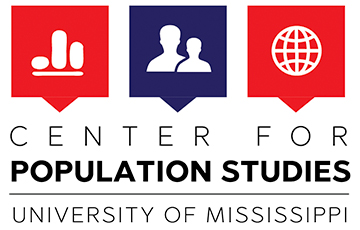
Educating the Public Through Population Briefs
Each year, CPS produces population briefs that explore topics related to demographic trends and issues in Mississippi. Written for a general audience and relevant to current events, recent topics have included the 2020 U.S. Census, net migration statistics and the impact of COVID-19 in Mississippi.
Read the latest population briefs.
